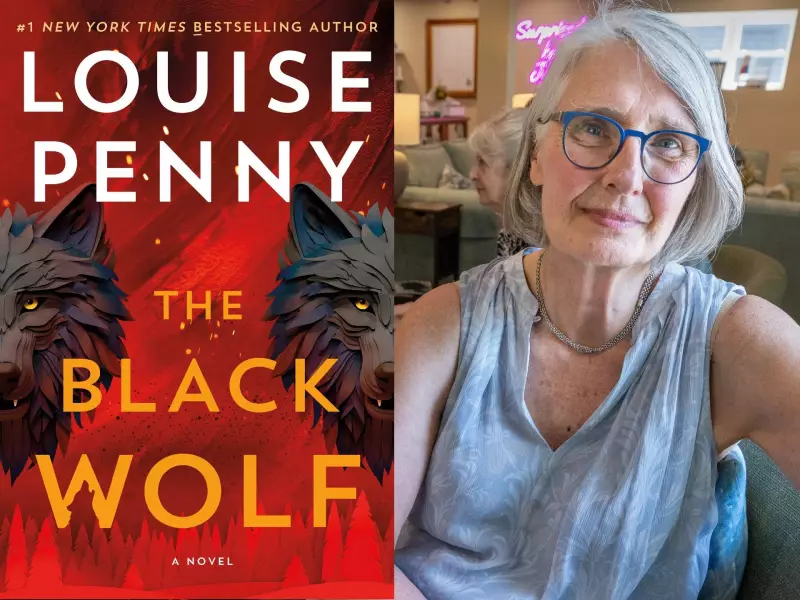
Canadian literary sensation Louise Penny envisioned a chilling scenario of American annexation in her latest novel The Black Wolf, completing the manuscript more than a year before former U.S. President Donald Trump began publicly floating the idea of Canada becoming the 51st state.
A Prophetic Political Thriller
The award-winning author's 20th installment in her Chief Inspector Armand Gamache series features a cross-border conspiracy to leverage control of Canadian water systems and natural resources. While the book doesn't explicitly mention Canada becoming the 51st state, Penny has confirmed this unsettling notion serves as one of the novel's underlying themes.
The Black Wolf continues where Penny's previous novel The Grey Wolf concluded, with Gamache and his team initially appearing to thwart a plot to poison Montreal's water supply and arresting the mysterious figure known as the Black Wolf. However, the celebrated detective soon realizes their victory was merely a deliberate misdirection concealing a far more sinister scheme.
Real-World Parallels and Author's Stance
Penny expressed surprise at how reality has begun mirroring her fiction. "I was afraid when I wrote it that I had taken it too far, that people simply wouldn't follow me there, that it was unbelievable," she told UK publication The Express last week. "As it turns out, I may not have gone far enough!"
The author has maintained her commitment to not touring the book in the United States, having previously declined an invitation to launch her latest novel at the Kennedy Center in Washington. This decision reflects her steadfast positioning regarding cross-border cultural and political relationships.
The Haskell Library Connection
The novel features pivotal scenes set in The Haskell Free Library and Opera House, the unique institution that physically straddles the border between Stanstead, Quebec and Derby Line, Vermont. This real-life location recently made headlines when U.S. Customs and Border Protection restricted access, requiring most Canadian visitors to use a back door on the Canadian side or go through official border points.
Penny has demonstrated her support for the institution by contributing $50,000 toward entrance renovations and concluding her North American book tour at the venue on November 1st and 2nd. A portion of ticket sales from these events will support the library's renovation fund, with Penny reportedly matching these contributions.
The author characterized the border restrictions affecting the library as "petty" during her interview with The Express, noting the institution "is symbolic of the friendship and the sacrifices that both countries have made for each other."
As political discussions about the Canada-U.S. relationship continue to evolve, Penny's latest work demonstrates how fiction can sometimes anticipate real-world geopolitical tensions, particularly surrounding Canada's precious natural resources and national sovereignty.






